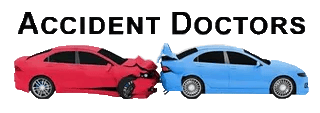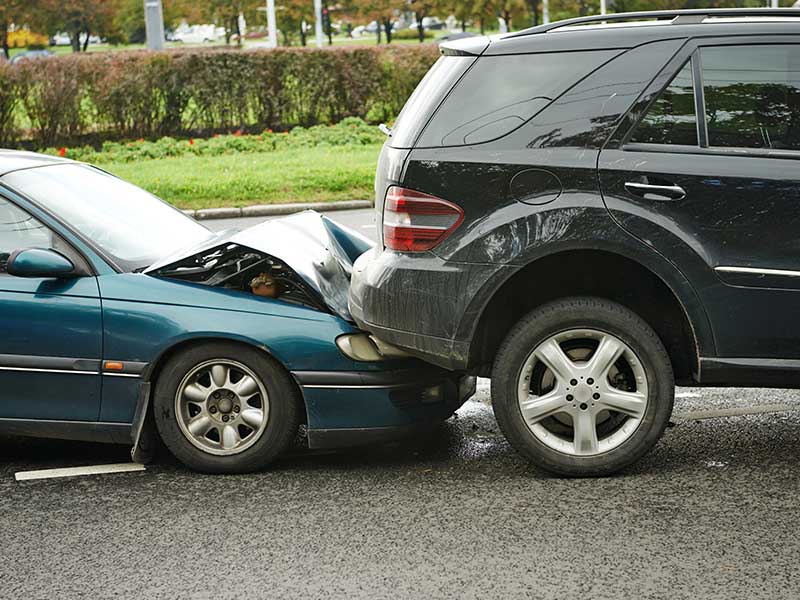The Complete Guide To Medical Treatment After A Car Accident In Phoenix
Did you get into a fender bender in Phoenix? It happens.
Every year, thousands of people experience it.
This guide is your lifesaver to handle what comes after—especially the medical bit.
Please note: If you have been involved in a car accident, We charge you $0 out of pocket for the best after car accident medical care. Call or text us to learn more from our friendly staff.
Table of Contents
Key Takeaways
- After a car accident in Phoenix, go to the hospital even if you feel okay. Hidden injuries can show up later.
- Take pictures of the accident scene and get contact info from witnesses for your insurance claim.
- Call the police right after an accident. Their report helps with insurance and legal matters.
- Talk with doctors about all steps of medical care, from emergency help to rehabilitation.
- Consider hiring a personal injury lawyer to deal with insurance companies and understand compensation recovery.
Essential Steps to Follow After a Car Accident in Phoenix
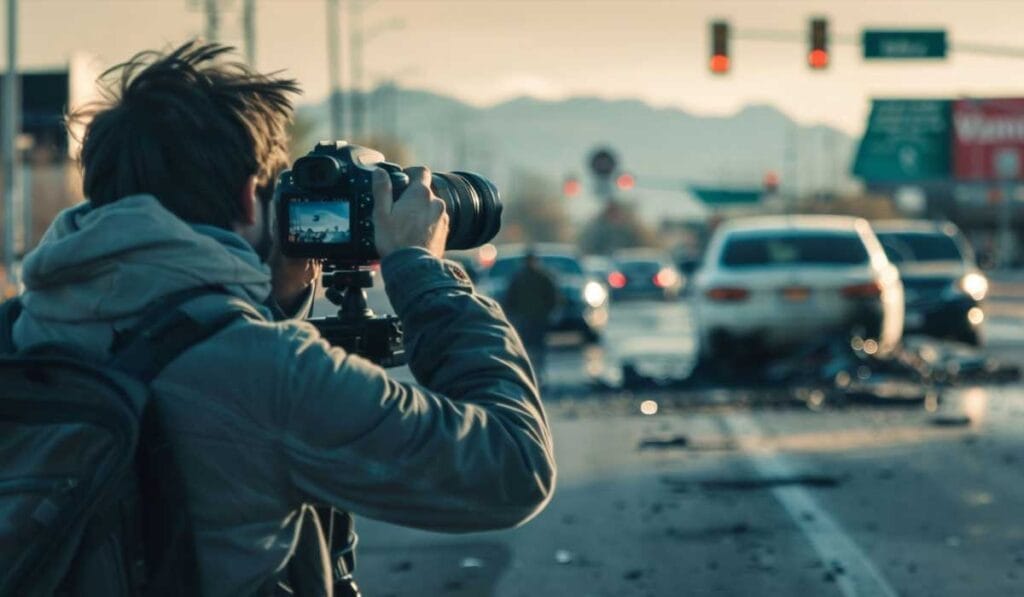
After a car wreck in Phoenix, the first thing is to make sure you’re okay. Then, dial 911. If you can try and snap some photos of the accident scene.
Seek Immediate Medical Attention
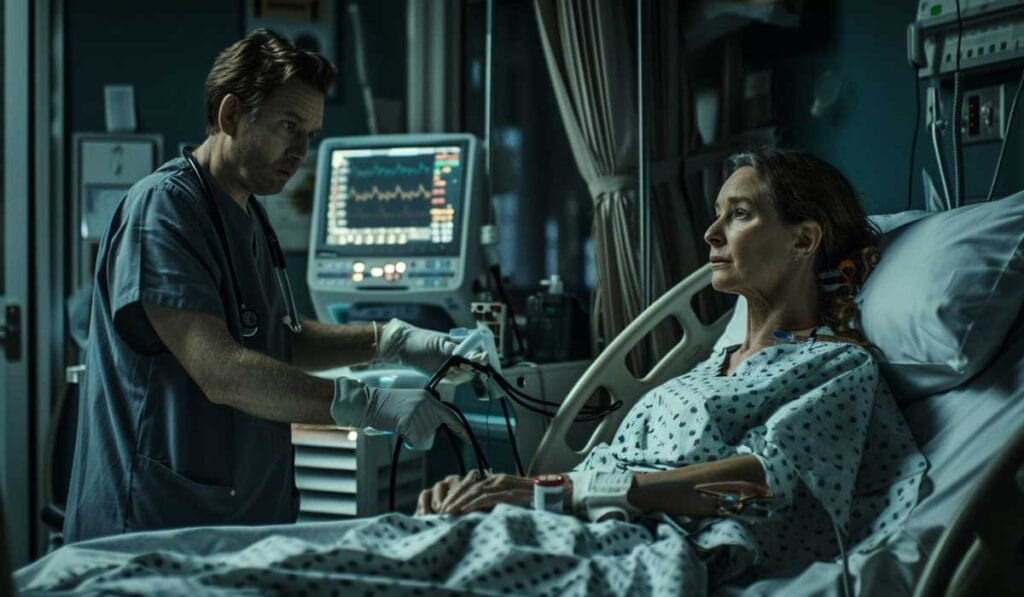
Right after a car crash, heading straight to the hospital or emergency clinic is crucial. It’s like checking your car for dents but way more important – it’s about you.
Even if you feel fine, some injuries take time to show up!.
Think of this as the best kind of caution – the lifesaving kind.
Doctors and nurses will check you out from head to toe. They use cool gadgets and their know-how to spot anything wrong.
X-rays might be involved, or maybe an MRI if they want a closer look inside.
This step isn’t just about fixing what hurts now; it’s also about catching things that could cause trouble later on. So, let medical professionals do their thing right away – your health depends on it!
Document the Scene
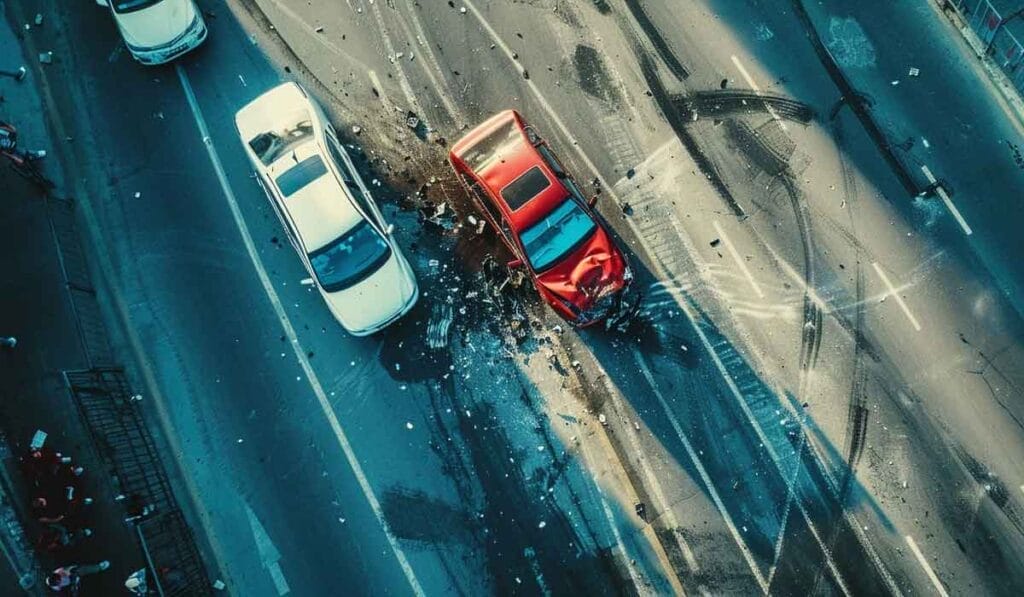
Grab your phone and start snapping photos of the traffic accident. Capture every angle—your car, the other car involved, any skid marks on the road, and even that broken brake light.
It’s like piecing together a puzzle for the police report, only you’re doing it with pictures. And hey, if there are witnesses around, jot down their names and numbers. They might remember something you missed.
Accidents happen fast, but your camera captures everything.
Now, exchange information with the other driver—license details, insurance cards—you know the drill.
But keep it cool; no blaming or guessing who did what wrong just yet.
Every piece of info helps build a stronger case for your personal injury claim or to deal with insurance companies without pulling out your hair in frustration later on.
Contact the Police
After a car wreck, calling the cops is a must. They show up, flashing lights and all, to sort things out. This includes writing down what happened and who was involved.
Their report could be golden when you’re dealing with insurance companies or if you need to go to court.
Talking to officers at the scene gives them a firsthand look at everything—from skid marks on the road to damage on your vehicle.
They gather facts, maybe chat with witnesses, and put it all in an official document.
If someone broke traffic laws or was driving unsafely, this can help prove it later.
Plus, having a copy of their report makes talking about compensation with your insurance company smoother.
Detailed Medical Care Guide Post Car Accident
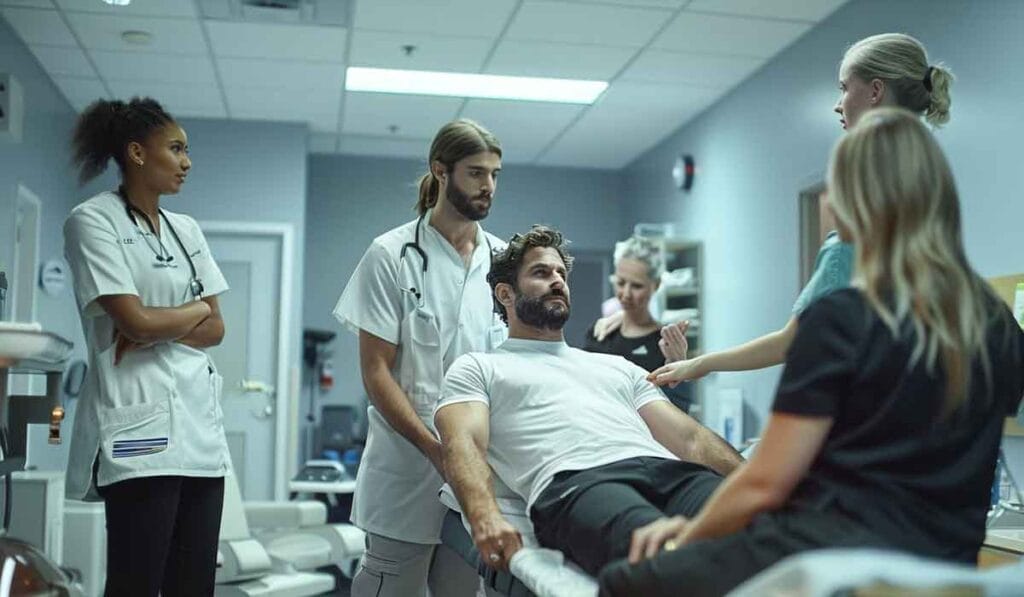
After a car crash in Phoenix, the road to recovery might look like a maze. But don’t worry; we’ll light up the path for you.
You might start with EMTs at the scene and end up with physical therapy sessions to get back on your feet.
Oh, and let’s not forget about everything in between—hospital stays, maybe a visit to an operating room if needed, and lots of care from doctors and nurses along the way.
We’re here to guide you through each step because no one should navigate this journey alone.
Pre-Hospital Care
Right after a car crash, quick action can save lives. If someone is hurt, don’t wait—call emergency services right away. This is where pre-hospital care kicks in. Paramedics or medical technicians arrive with the ambulance to help.
They’re trained to handle injuries on the spot and make sure those injured get to the hospital safely.
During this crucial time, these first responders check vital signs, manage bleeding, and stabilize neck or back injuries if needed. They might perform CPR if someone’s heart has stopped.
It’s all about keeping patients stable until they reach an acute care facility like the emergency department for further treatment. Quick thinking and swift action during these moments can mean a world of difference for recovery down the line.
Acute Care
Acute care kicks in after you leave the emergency room. It’s like the medical version of a pit stop in a race—quick, focused, and essential for getting you back on track.
Doctors might move you to this special part of the hospital if your injuries are serious.
Here, they keep a close eye on you, make sure your pain is under control, and start any surgeries that need to happen right away.
Healing is not just about mending bones; it’s about restoring peace of mind.
In acute care, every second counts. Nurses check on you often. They help with medicine and keep an eye out for any changes or signs that you’re getting better—or worse. The team here knows how to deal with all kinds of injuries from car accidents.
Whether it’s fixing broken bones or dealing with internal issues, their job is to stabilize you so you can take the next step in healing.
Trauma Care
Trauma care specialists handle emergencies tied to car crashes – think bad injuries that need quick fixes so they don’t get worse. This team works fast, using all sorts of tools like X-ray machines and stitches to patch you up.
They’ll check you from head to toe, making sure nothing is missed. If surgery is needed because of serious damage inside you, they’re ready for it.
And it doesn’t stop there; these pros keep an eye on you in intensive care units where constant monitoring ensures your body’s vital signs stay stable as you begin healing.
In trauma centers, every minute counts; but so does gentle care to help start the healing journey right.
Rehabilitation
Getting better after a car accident takes more than just a quick fix. Rehabilitation is like the home stretch in a marathon to getting your life back on track. It could mean working with physical therapists to regain strength or occupational therapists to brush up on daily skills we often take for granted.
Maybe you’ll chat with speech therapists if words don’t come as easily anymore, or dive into psychological support to help tackle those invisible wounds that painkillers can’t touch.
Recovery doesn’t happen overnight. It’s filled with small victories and, sure, some frustrating days too. But every step forward is worth celebrating.
From outpatient care at clinics near your home to longer-term stays at skilled nursing facilities, each part of the process has its role in painting a brighter tomorrow.
Navigating Legal Aspects After an Accident
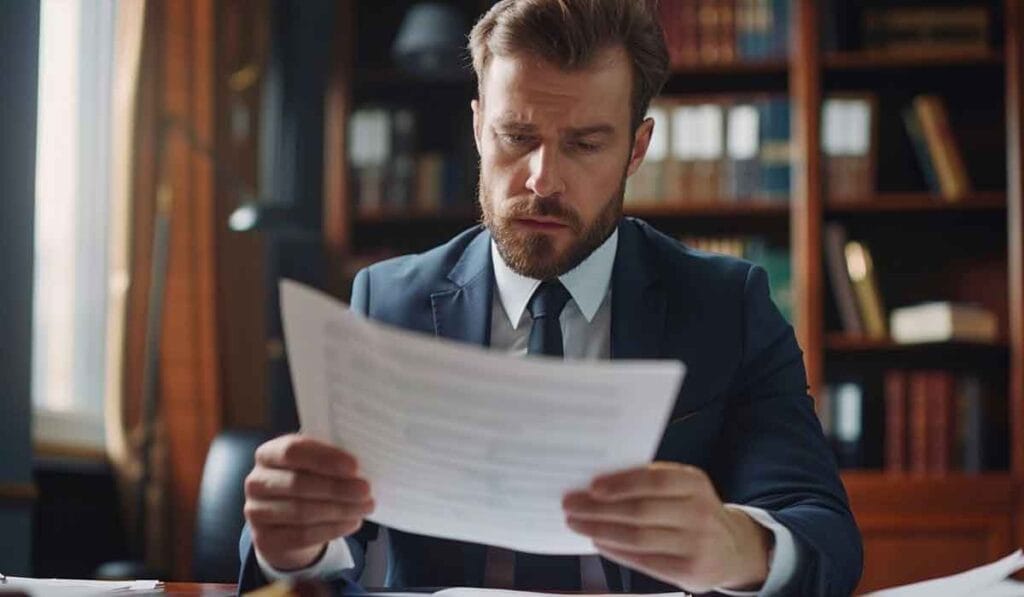
After a car crash, the legal stuff might feel like solving a puzzle without the picture. It’s time to chat with an attorney who knows how to handle insurance chats and get you what’s fair.
Communication with Insurance Companies
Talking to insurance companies seems tricky, right? But it’s a step you can’t skip. First, gather all your medical records and any evidence from the accident scene. This includes photos and witness statements.
Then, call your insurer to report the automobile mishap. Be clear but stick to the facts; insurers are like detectives, they note every detail.
Insurance adjusters will reach out sooner than you think. Their job is to evaluate what happened and decide on compensation recovery.
Here’s a tip: before chatting with them, consider getting legal advice or even better, hire a car accident attorney who knows the ropes of personal injury claims in Phoenix.
Understanding Compensation Recovery
Getting money back after a car crash involves talking to insurance companies and sometimes going to court. This money can help pay for your medical care, fix or replace your car, and cover lost wages if you can’t work because of the accident.
Pain and suffering are also on the list. Yes, that’s right – you might get cash for the tough times you’ve faced.
A personal injury lawyer becomes your best friend in these situations. They know all about auto accidents and how to fight so you’re treated fairly.
They make sure no one takes advantage of you while you heal from your injuries or deal with emotional stress from the crash.
Conclusion

After a car mishap in Phoenix, knowing what to do for your health is like finding water in the desert.
First, rush to get checked by doctors.
If you or someone with you can, remember to snap photos at the scene—it tells the story of what happened. And yes, chatting with police and insurance folks can be as thrilling as watching paint dry, but it’s important.
From emergency room visits to maybe needing a lawyer, it’s all about putting the pieces back together.
Plus, talking things over with a personal injury attorney might not be such a bad idea; they’re like guides in this wild adventure.
FAQs
1. What should I do first after a car accident in Phoenix?
First things first, seek medical attention! Whether it’s a bump or something more serious, hospitals are your best friend. It’s like checking for scratches on your favorite bike – better safe than sorry.
2. Can I talk to an attorney about my car accident for free?
Yes, you can! Most personal injury attorneys offer a free consultation. It’s like getting advice from your smart uncle who knows all about legal stuff without having to pay him a dime.
3. What if the person who hit me doesn’t have insurance?
That’s when things get tricky, but don’t sweat it! Your attorney can help navigate through uninsured and underinsured waters to make sure you’re not left holding the bag.
4. Do I need an attorney for everything after my accident?
Not for everything, but having one is like having a guide in the jungle of legal representation and insurance claims. They know the shortcuts and how to avoid quicksand!
5. How long will it take to feel better after my accident?
Recovery time varies; some folks might bounce back quickly while others may need longer-term care or rehabilitation services—think of it as healing at your own pace, no rush.
6. Should I still see a doctor even if I feel fine?
Absolutely! Some injuries are like hidden Easter eggs; they don’t show up right away. Better get checked out than find out later you missed something important.
